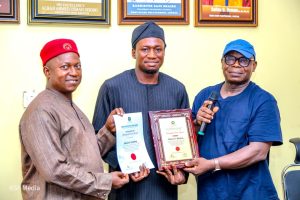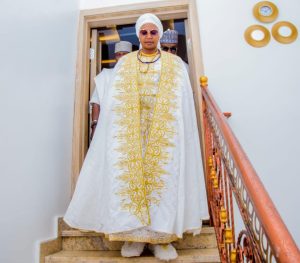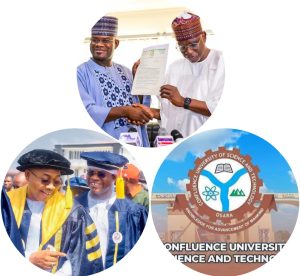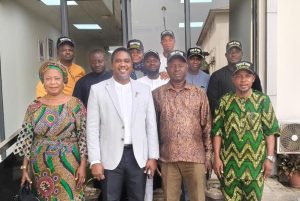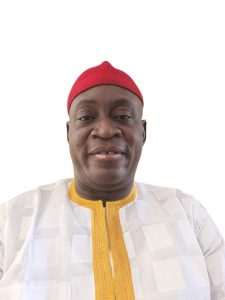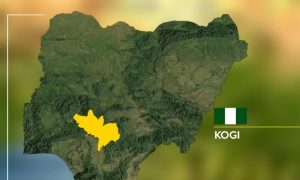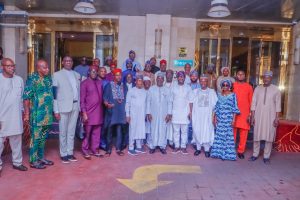Kogi-Born Strategist Muyiwa Fatosa: The Policy Architect Behind Nigeria’s Emerging Narrative
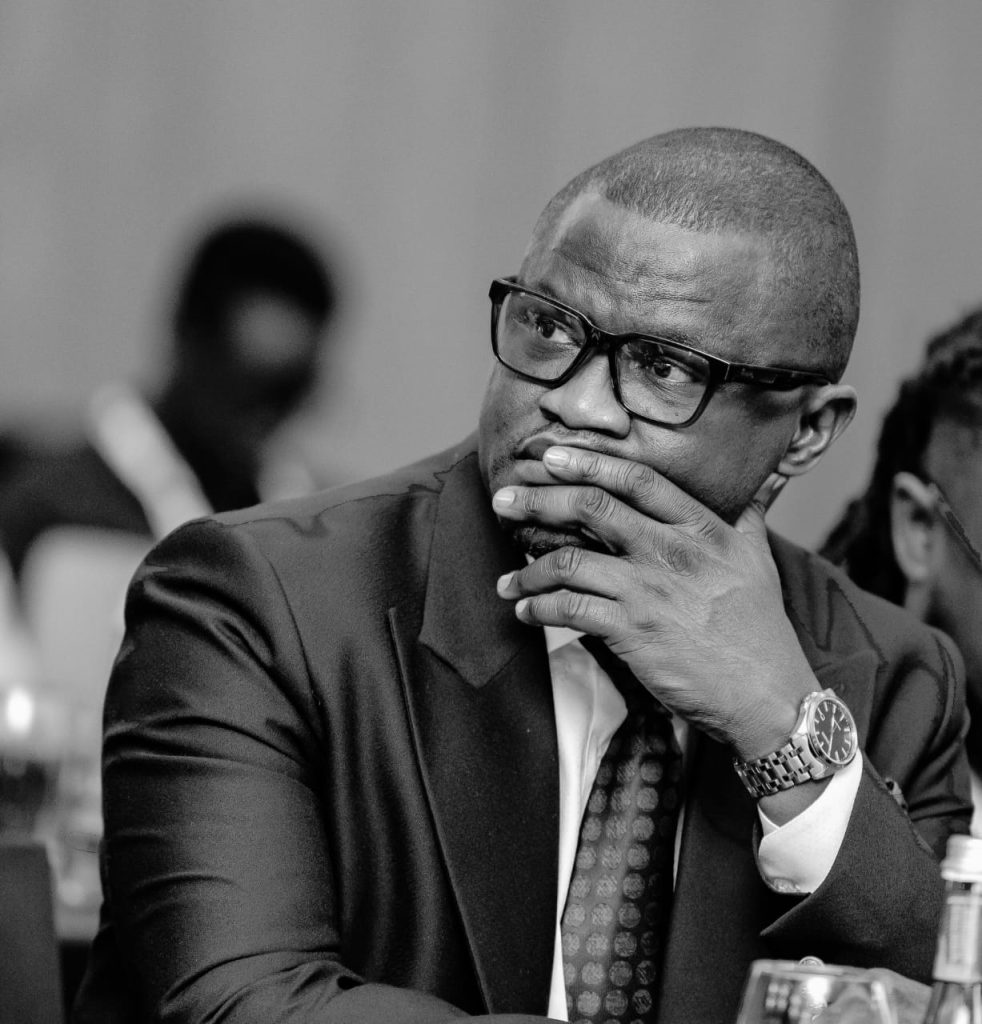
At a time when Nigeria’s political landscape is undergoing unprecedented shifts, Muyiwa Fatosa has quietly emerged as one of the most influential voices shaping national narratives and redefining strategic communications in governance.
Kogi-born and globally connected, Fatosa represents a new breed of Nigerian policy influencers, leaders who combine grassroots understanding, cultural awareness, and strategic thinking to help craft frameworks that speak to both citizens and policymakers.
As the Special Adviser on Strategic Communications to Senator Rabi’u Musa Kwankwaso, Fatosa has played a central role in shaping political messaging and governance optics at a time when public trust, policy clarity, and nation branding are more critical than ever. His approach, however, goes beyond politics; it’s about building narratives that align Nigeria’s diverse identity with its developmental aspirations.
“Kogi is at the heart of Nigeria,” Fatosa reflects. “Being from the confluence region taught me early on that our strength as a nation lies in connecting North and South, tradition and modernity, culture and policy. Every strategic decision must reflect that balance.”
Through his company, Muyiano Ltd, Fatosa has delivered high-value projects across Kano, Ekiti, Lagos, Niger and Ondo States, offering policy-informed solutions in infrastructure, technology, and innovation. From AI-driven smart streetlighting frameworks to creative industry policy proposals, he has positioned Muyiano not merely as a contractor but as a policy partner to governments seeking sustainable, future-proof growth.
In March 2026, Fatosa will unveil Run the Capital, Abuja’s first global-standard fashion and cultural showcase. Beyond the glamour, the initiative is deliberately designed to drive policy attention to Nigeria’s creative economy, a multi-billion-dollar sector with untapped potential for job creation, tourism, and international positioning. By aligning culture with economic diplomacy, Fatosa is demonstrating how soft power can shape hard policy.
Recognized among the “100 Most Notable Peace Icons Africa 2025” and celebrated as a Leadership Newspaper Exemplar, Fatosa embodies a growing movement of policy architects who see governance as strategy-driven, perception-aware, and people-centered.
“Nigeria’s next decade will be defined by narratives,” Fatosa says. “Those who understand how to frame our story to ourselves and the world will shape not just elections but policy, partnerships, and progress.”
With the 2027 elections on the horizon, analysts believe voices like Fatosa’s will be increasingly influential in setting the tone of national debates, defining leadership optics, and bridging citizen expectations with policy realities. For a Kogi-born strategist whose work already spans politics, business, and culture, the coming years may mark the expansion of his influence from advisory rooms to national frameworks.
Hon. Francis Henry Folaranmi writes from Abuja.

